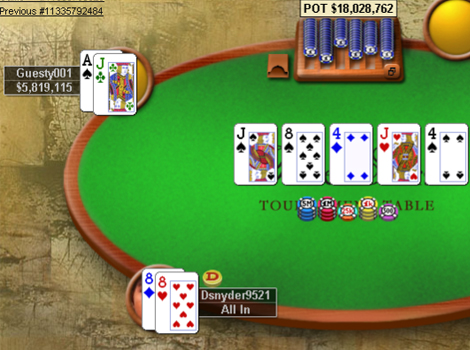

This argument has been struck down several times, most clearly by the Texas Supreme Court in 2003, holding that “devices, known as ‘8-liners,’ that dispense tickets redeemable for cash, even if used only for additional play, or for gift certificates redeemable at local retailers do not, as a matter of law, meet the gambling device exclusion under §47.01(4)(B).2 Pardue, One Super Cherry, and Hardy are three good cases to review when presented with an 8-liner case involving a game room. There appears to be a belief among game room operators that as long as they don’t pay out cash, their operation is perfectly legal-or at least they won’t raise suspicions with local authorities. The key to the problem can be found in the exclusions from the definition, which include “any electronic, electromechanical, or mechanical contrivance designed, made, and adapted solely for bona fide amusement purposes if the contrivance rewards the player exclusively with noncash merchandise prizes, toys, or novelties, or a representation of value redeemable for those items, that have a wholesale value available from a single play of the game or device of not more than 10 times the amount charged to play the game or device once or $5, whichever is less.” Herein lies the difference between, say, illegal 8-liner operations and a video arcade that hands out candy and coffee mugs in exchange for tickets.
#Private im pokerth code#
Texas Penal Code §47.01(4) provides a hypertechnical definition of “gambling device” that has been the subject of litigation like this for over a decade. The owner of J.J.’s argued that under Texas Penal Code §47.02, gift card payouts qualify for the “fuzzy animal” defense to prosecution applicable to “noncash merchandise prizes, toys, or novelties that have a wholesale value available from a single play of the game or device of not more than 10 times the amount charged to play the game or device once or five dollars, whichever the lesser amount.” The appeals court rejected her argument, and her conviction was affirmed. State,1 J.J’s Game Room in Lacy Lakeview (near Waco) operated 8-liners, but instead of paying out cash to the players, it distributed gift cards to various stores, such as Wal-Mart, as rewards (a very common practice to circumvent the Penal Code). There has only been one Texas Court of Appeals case involving gambling in the last two years, and it concerned 8-liners.

They may not be as sexy as underground poker rooms, but these cases are much more prevalent around the state.
8-Liners, video lottery terminals (VLTs), and slot machines Here is an overview of what is happening in the gambling arena. Criminals continue to attempt more intricate schemes, including the use of technology, to protect themselves and (more importantly) to elude prohibitions in the Penal Code. But district and county attorney’s offices in Texas aren’t exactly light on cases when it comes to gambling. While every state bordering Texas, as well as Mexico, has casinos within 50 miles of the Texas border, such establishments are illegal here.
#Private im pokerth update#
GameSense is a registered trademark of British Columbia Lottery Corporation, used under license by MGM Resorts International.Former TDCAA Research Attorney, now in Fort Worth An update on gambling laws, poker tournaments (both private and charity), and dog-fighting


 0 kommentar(er)
0 kommentar(er)
